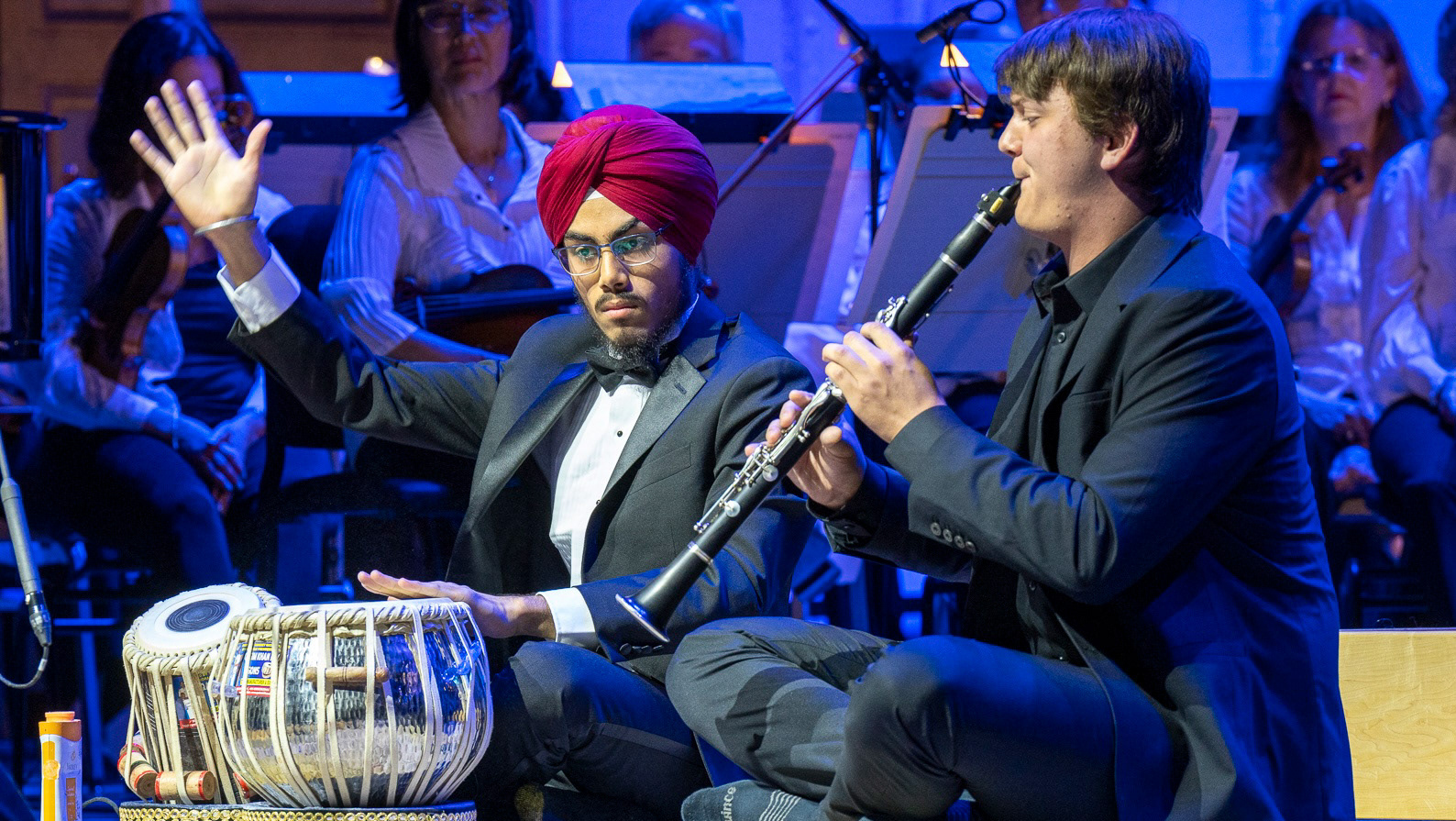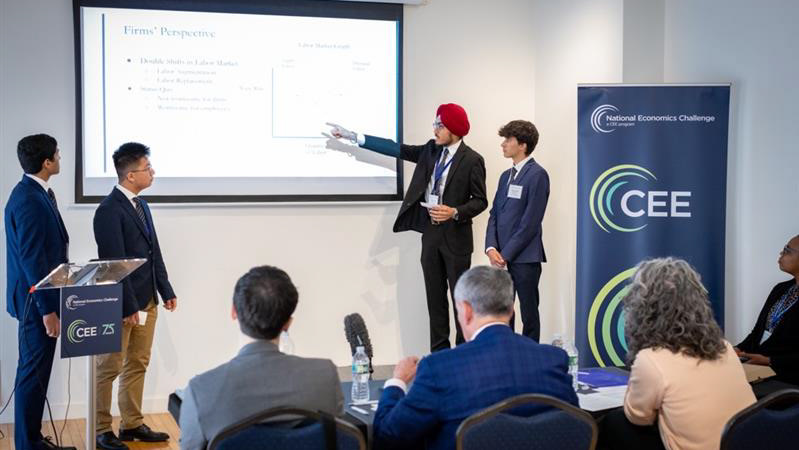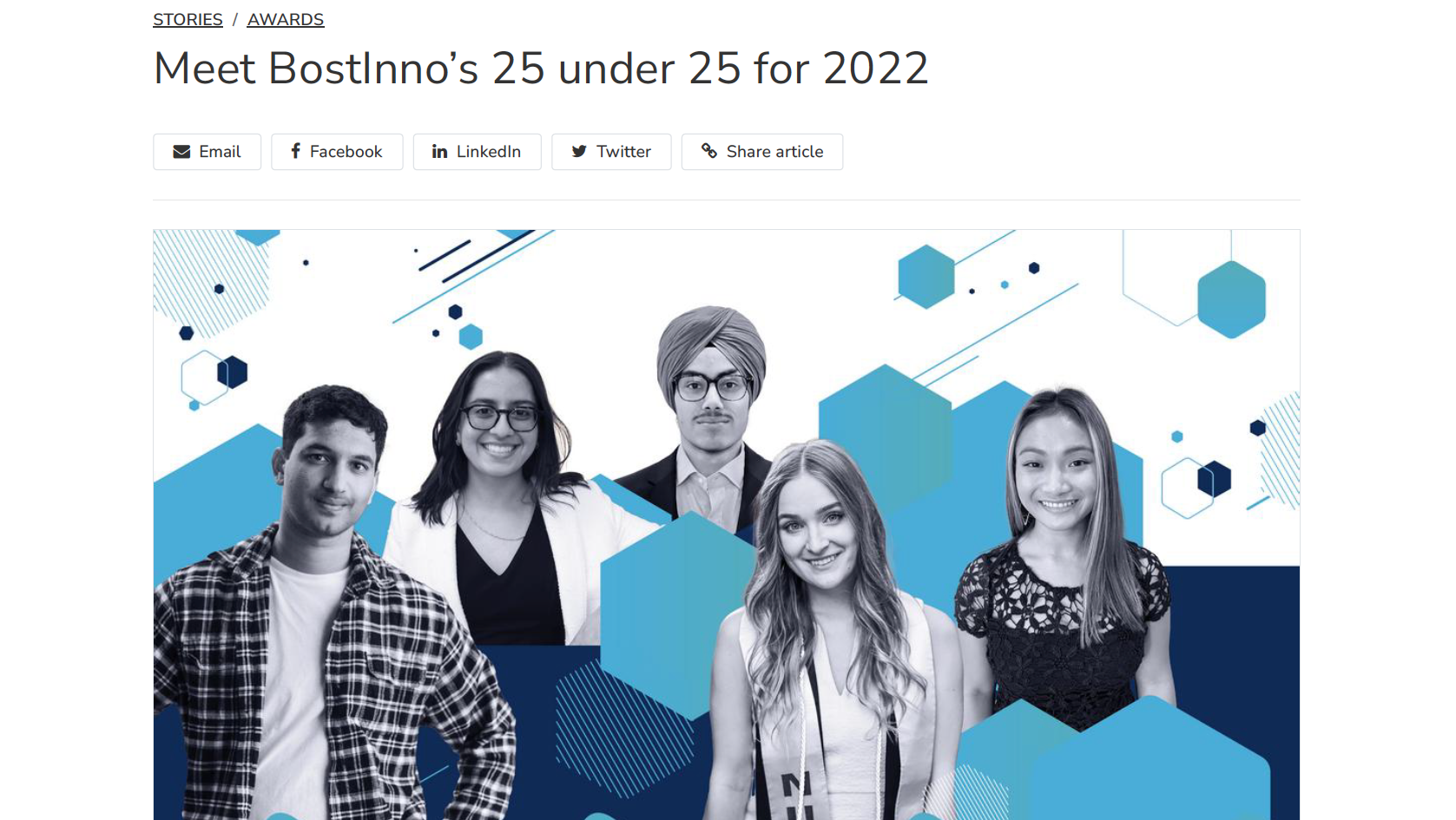CIVIL RIGHTS EDUCATION FELLOW, SIKH COALITION
The Sikh Coalition, established on September 11, 2001, in response to violent hate crimes against Sikh Americans, is now the largest Sikh American civil rights organization in the United States. As a Fellow, I have developed educational content for middle and high school social studies teachers and administrators. A 2024 survey of 700 U.S. school districts by the Sikh Coalition revealed that 78% of Sikh students reported being bullied. This underscores the importance of educating educators. I also highlighted the issue of school bullying during an interview with Kamau Bell in a CNN episode of United Shades of America, which won an Emmy Award. Currently, I am preparing a presentation on the Sikh-American experience for the National Council for the Social Studies annual conference in November 2024 in Boston, MA.
Young Dilzafer Singh with W. Kamau Bell on CNN's docuseries "United Shades of America"
MASSACHUSETTS BOYS' STATE
At Massachusetts Boys' State, I had the privilege of participating in a program designed to immerse high school students in the workings of government and leadership. As the Federalist Party Senatorial Primary winner, I advocated for Sikh civil rights during my senate campaign. I passionately spoke about my experiences as a Sikh American, emphasizing the importance of education to combat ignorance and foster greater cultural understanding.
My leadership and advocacy resonated with my peers and party members, and I was honored to be nominated for the Joe Nasiatka Award by my municipality. This prestigious award, issued by the American Legion, is given to a Boys' Stater "who exemplifies dependability, perseverance, loyalty, leadership, and honesty"—qualities that I strive to embody in all my endeavors. This recognition reinforced my commitment to advocating for civil rights and leading with integrity.
Delivering my senate speech in the general election debate before an audience of 300+ Boys' Staters, faculty, and staff.
FARMER SUICIDE EPIDEMIC
As the president of both the Economics Club and the South Asian Affinity Group, I have spearheaded initiatives to address the pressing issue of farmer suicides in Punjab. I organized role-playing workshops to spread awareness about the farmer suicide epidemic and to devise innovative economic solutions to alleviate their suffering. By having students step into the shoes of various stakeholders—Punjabi farmers, international trade representatives (WTO), corporate agribusiness executives, Dalit activists, and even PM Modi himself—we sought to understand the complex corporate incentives at play.
Over the last four years, millions of farmers have encircled New Delhi to protest unfair agriculture laws. This economic despair became personal when I visited villages in southern Punjab where many farmers had committed suicide. I witnessed firsthand the decline in agriculture and the devastating impact of climate change, which steals water and wilts crops. Meeting the bereaved widows and children was a heartbreaking experience that starkly contrasted with my privileged life in the US. This encounter fueled my determination to make a difference.
At Groton School, I engaged the community in discussions about the social and economic challenges these farmers face. Through these workshops, we raised over $10,000 to support 17 families.



